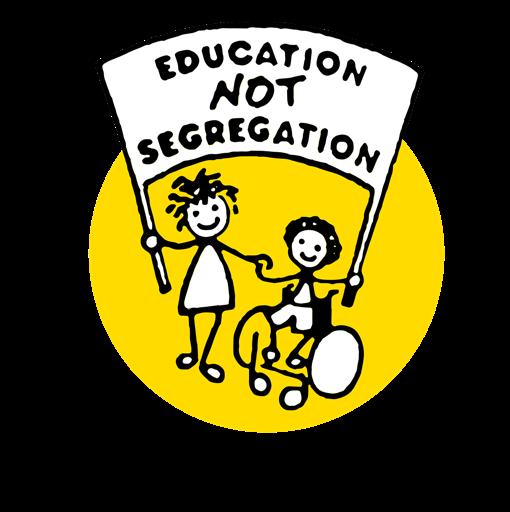
3 minute read
Legal Question Education, Health & Care Plans
“I am a 19-year-old student, with a diagnosis of Autism, who recently gained my A-levels and wish to further my IT studies through a university degree. I’m also making a claim for Universal Credit as an independent adult, and am required to undertake a work capability assessment before continuing. Under this system, I will lose my established EHCP adjustments, which include communications support for speech therapy. Do I have any legal rights for continuation of my EHCP as I transition from college to university?”
Your Education, Health and Care Plan (EHCP) can only come to an end when either or both of the following apply: your EHCP is no longer necessary and/or the local authority is no longer responsible for you. The law states that an EHCP comes to an end when you attend university, as the Local Authority is no longer responsible for you when you attend ‘Higher Education’ (University). Therefore, you will not have any legal rights for the continuation of your EHCP as you transition to university, however there is other support you can access and you may be able to obtain adjustments once your EHCP comes to an end if attending a university setting. Universities do not have to provide the exact provision specified in an EHCP but they must comply with the Equality Act 2010 and ensure they are not discriminating against students. This includes a duty to make reasonable adjustments. The duty to make reasonable adjustments requires education providers, such as universities, to take positive steps to ensure that Disabled students can fully participate in the education and enjoy the experience and other benefits, facilities and services provided for all students. Support can usually be sought from the Disabled Student’s Department of the relevant university. You should contact the department and if appropriate, apply for the Disabled Students’ Allowance (DSA) to request an assessment which is completed by Student Finance England. The assessment is likely to be with occupational health and you should explain your communication and any other needs as within your EHCP as, although not legally binding, this helps document what your needs are. If the university refuse to complete the assessment or, following the completion of the assessment, the university does not follow the recommendations for support and/or reasonable adjustments, then you should seek advice in relation to potential discrimination, under the Equality Act 2010. This could be a County Court claim and must be lodged within 6 months of the potential discrimination occurring. This would look at whether or not the adjustment is ‘reasonable’ as there is no set list of adjustments to be made within the Act. It is all fact and case specific. This makes getting advice on your specific circumstances very important. We have also found that some student unions to be very good at offering this support. The Equality Act (and the principles within it) also apply to any other processes such as application for certain benefits etc.
This Legal Question was answered by Alice Gough at Simpson Millar Solicitors.
In collaboration with:

The Alliance for Inclusive Education (ALLFIE)
A national campaigning organisation led by disabled people. ALLFIE works to change laws, practices and procedures which discriminate against Disabled Young people and prevent inclusion. ALLFIE works together with allies to build a social climate in which everyone has a valued place.
336 Brixton Road, London SW9 7AA Tel: 020 7737 6030 Email: info@allfie.org.uk Website: www.allfie.org.uk
Inclusive Solutions
A team of psychologists and associates who specialise in cutting edge practical strategies and ideas for developing effective inclusion in local mainstream schools and communities. We work with anyone who wants to bring about the real systems changes that are necessary to move towards a truly inclusive society.

Tel: 0115 9556045 or 01473 437590 Email: inclusive.solutions@me.com Website: inclusive-solutions.com
World of Inclusion
A consultancy that provides advice, resources and training in the UK and around the world to develop equality for disabled people especially in education. Richard Rieser is an expert disabled international equality trainer, consultant, film maker and writer and teacher.
Basement, 78 Mildmay Grove South, London N1 4PJ Tel: 020 7359 2855 or 07715 420727 Email: rlrieser@gmail.com Website: worldofinclusion.com

DISABLED PEOPLE, PARENTS AND ALLIES, WORKING TOGETHER
to educate, facilitate and empower everyone who wants to be part of the growing inclusion movement. Together we want to bring down the barriers so all young people can learn, make friends and have a voice in ordinary school and throughout life. For each and every young person, this is an essential human right.






